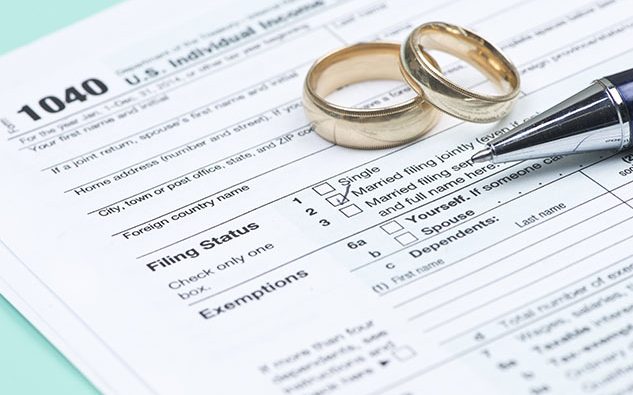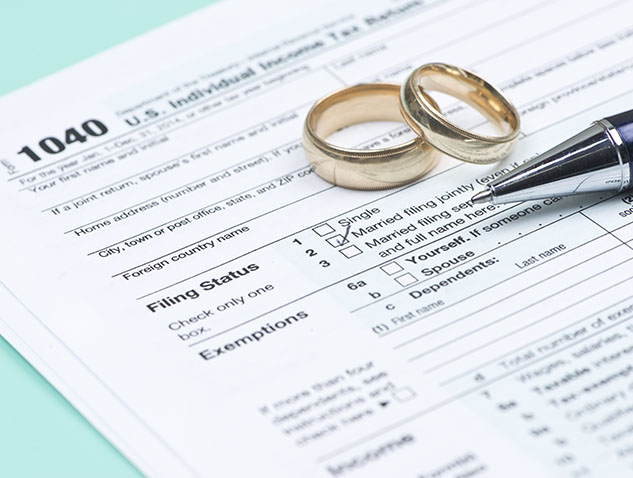What is Innocent Spouse Relief?
In order to help taxpayers that are being subjected to tax problems because of their current or former spouse’s actions, the IRS has allowed for different types of spousal relief. This means that if your situation fits within the guidelines, you may not be responsible for the tax problems caused by your current or former spouse.
Innocent Spouse is one of the 3 available IRS Spousal Relief programs. Innocent Spouse Relief is a common term used when you owe taxes because you filed jointly with a spouse, and that spouse underreported their tax on your joint return. While it is a common term, there are different rules and results for each Spousal Relief program that could fit the best for you.



